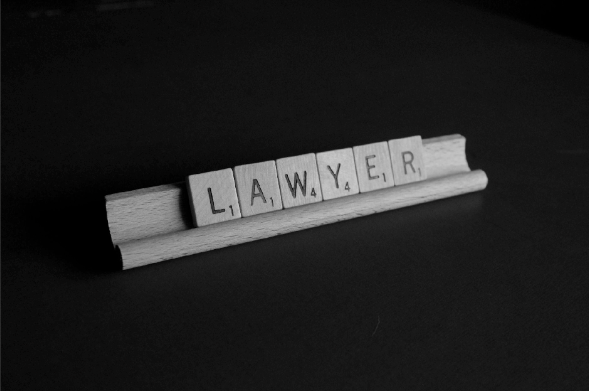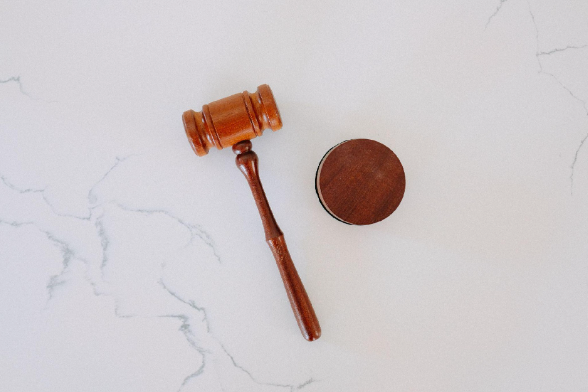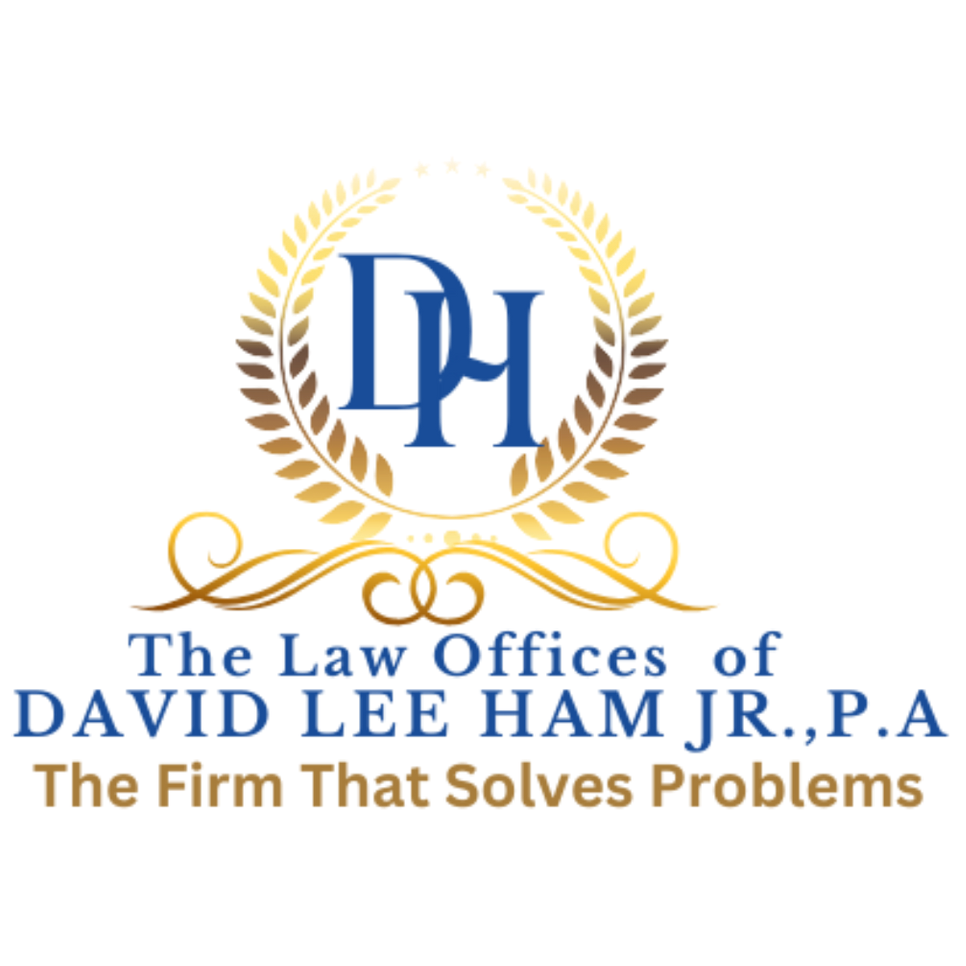Hidden Assets During the Divorce Process

Divorce can be a tumultuous and emotionally charged process, often complicated by financial disputes. One of the most challenging aspects of divorce proceedings is the possibility of hidden assets. When a marriage dissolves, each party is entitled to an equitable distribution of marital property, which includes both assets and debts. However, some spouses attempt to manipulate the process by concealing assets in an effort to retain a larger share for themselves.
In the state of Florida, just as in other jurisdictions, uncovering hidden assets is a critical step toward ensuring a fair and just divorce settlement. This article delves into the complexities of hidden assets during the divorce process in Florida, discusses strategies for finding hidden assets, highlights the role of a divorce attorney in Florida, and suggests places to look for these concealed holdings.
The Complexity of Hidden Assets
Hidden assets, also known as undisclosed assets, refer to any property, funds, or investments that one spouse intentionally conceals during divorce proceedings. This deceitful practice undermines the principles of fairness and transparency that guide divorce settlements.
In Florida, as in many other states, the equitable distribution principle requires marital property to be divided fairly between spouses. Hidden assets can tilt the scales of this division unfairly, leaving one spouse with an inequitable share. Therefore, it is crucial to recognize the signs and methods of uncovering these concealed assets.
Finding Hidden Assets: Strategies and Approaches
In the intricate landscape of divorce proceedings, the quest for a just and equitable distribution of marital property can sometimes unveil unexpected challenges. Here are a few strategies and approaches to finding hidden assets.
Financial Documentation Review
One of the primary ways to detect hidden assets is by conducting a meticulous review of financial documentation. Bank statements, tax returns, investment portfolios, and other financial records can provide valuable clues about undisclosed assets. Discrepancies between reported income and lifestyle can raise suspicions and prompt further investigation.
Forensic Accountants
Employing a forensic accountant can be invaluable in cases where substantial assets are suspected of being concealed. These financial experts possess the skills to trace financial transactions, analyze complex financial structures, and identify anomalies that might indicate hidden assets.
Lifestyle Analysis
A sudden drop in the standard of living following separation could indicate the presence of hidden assets. Analyzing the lifestyle of both spouses before and after separation can reveal inconsistencies that warrant investigation.
Digital Footprint: In today's digital age, individuals often leave a trail of their financial activities online. Searching for information on social media platforms, online marketplaces, and cryptocurrency exchanges may yield clues about undisclosed assets.
Places to Look for Hidden Assets

During divorce proceedings, the equitable distribution of marital property plays a pivotal role in ensuring a fair settlement for both parties. Here are a few places to look for hidden assets:
Offshore Accounts
Some spouses may attempt to hide assets in offshore bank accounts to complicate the tracing process. Investigating international financial transactions and accounts can help uncover hidden holdings.
Businesses and Investments
Entrepreneurs and business owners might manipulate business finances to shield assets. Examining business transactions, partnerships, and investments can reveal hidden wealth.
Family and Friends
Unscrupulous spouses may transfer assets to trusted family members or friends temporarily to avoid detection. Investigating transactions between the divorcing spouse and close associates may reveal hidden assets.
Safe Deposit Boxes
Physical assets, valuable items, or cash may be stored in safe deposit boxes under a different name or at a different location.
Real Estate Holdings: Real estate can be a prime avenue for hiding assets. A spouse might transfer property to a third party or use a shell company to obscure ownership. Thoroughly investigating property records, titles, and transfers can help uncover such hidden real estate holdings.
Cryptocurrencies and Digital Assets
With the rise of digital currencies, spouses may attempt to conceal wealth through cryptocurrencies and other digital assets. Conducting a meticulous analysis of digital transactions and exploring the use of blockchain technology can reveal hidden financial resources.
Undervalued Personal Property
Assets such as artwork, jewelry, antiques, or collectibles could be undervalued intentionally to diminish their perceived worth. Consulting experts in appraisals or engaging professionals to evaluate personal property can unveil their true value.
How to Protect Yourself

Though it is difficult to prove that your spouse is hiding assets, there are some precautions you can take to avoid this situation.
Ideally, you can keep track of all the assets, money flow, and liabilities. You should also look out for sudden decreases in income or missing bank statements. A divorce attorney in Florida can guide you through the process, so it is always best to consult an attorney. Always remember that the smartest weapon against Hidden Assets is a smart attorney and a motivated client. The process will be hard, but it can be rewarding for the spouse fighting for a fair division of property.
Consequences of Hiding Assets

Hiding assets during a divorce in Florida can lead to significant and far-reaching consequences for the offending spouse. The state's legal system emphasizes transparency, honesty, and fairness in the distribution of marital property. When one spouse intentionally conceals assets, they not only undermine the integrity of the divorce process but also risk severe penalties. Courts in Florida take a dim view of attempts to manipulate or defraud the proceedings, and such behavior can result in the offending spouse facing both civil and criminal consequences.
These repercussions may include financial penalties, sanctions, the loss of credibility in court, and potential criminal charges for perjury or contempt of court. Moreover, the spouse attempting to hide assets may ultimately find their efforts counterproductive, as the court's response to such actions can result in a less favorable settlement than if full and accurate financial disclosure had been provided. In essence, attempting to conceal assets during a divorce in Florida can lead to a cascade of negative outcomes that can significantly impact the individual's financial and legal standing.
Takeaway point
Uncovering hidden assets during the divorce process in Florida is a critical step toward achieving a just and equitable settlement. By recognizing the signs, employing strategic approaches, and enlisting the support of a knowledgeable divorce attorney, individuals can ensure that hidden assets are brought to light. Remember, transparency and honesty are essential in preserving the integrity of the divorce process and securing a fair distribution of marital property.
Meta Description: In divorce, stay alert to hidden assets. Learn to spot them for a fair asset split and safeguard your interests.
The Law Offices of David Lee Ham, Jr., PA


